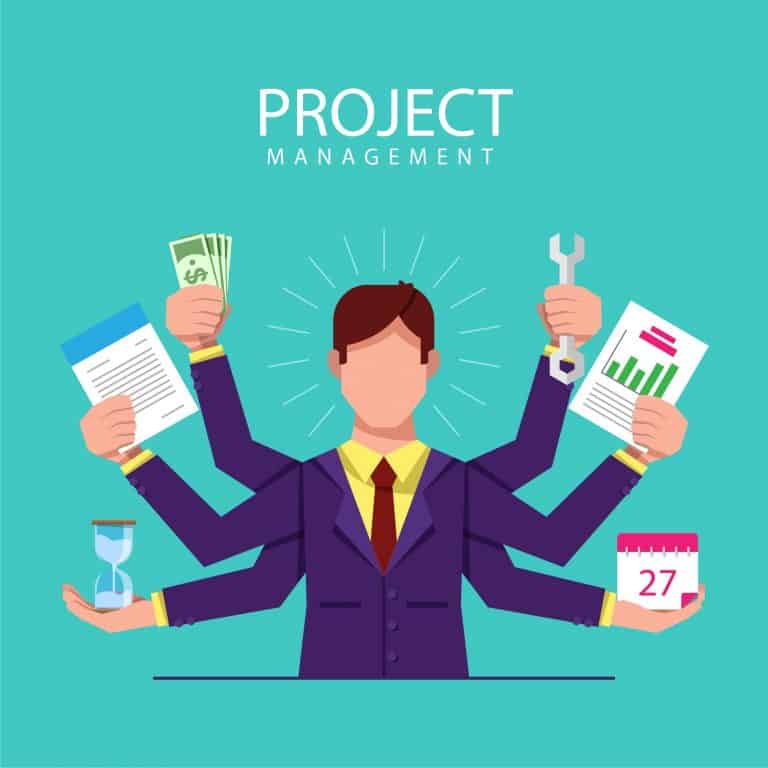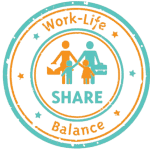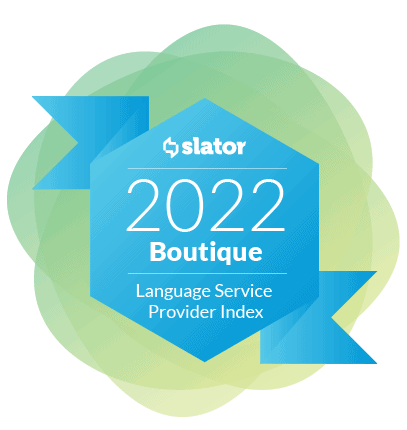|
Listen to Post
|
Listen to this article now:
Far from trying to create a step by step guide to project management, with this article I want to give you some valuable insight, gained over my 20 years of PM experience. Even if the topics I am touching are relatively common, my perspective on some details could probably make a difference in the knowledge you have already acquired.
Let’s start with an important part of a project manager’s mission, budget management. When a new project arrives, it is really important that you set a comprehensive plan of the budget. Write down all possible costs and anticipate hidden costs. Don’t try to make approximate estimations as they can lead to unexpected deviations. Keep track of the budget whenever additional costs arise, even if they seem to be too tiny. We tend to get excited with big volumes, but sometimes there is more than meets the eye. The good news is the available project management tools provide powerful features for financial analysis. Your feedback at the end of a big project will help your company understand if a specific account is really profitable or even viable. But the reason I insist on the financial part is not just money. In the long term, you should ideally work in projects that meet your company’s expectations, not only in terms of profit but also in terms of development. It is one of your main duties to evaluate the profitability and real value of each client as to where your company would like to go in the future. Your useful insight on this will help your company understand which accounts are really aligned with their goals.
Just to avoid misunderstandings at this point: I don’t mean it is not worth working for smaller clients/projects. On the contrary, you should treat all clients equally. After all, you never know, the “smallest” client may one day evolve into the biggest opportunity. What I want to stress here is the importance of value for money and development.
Now let’s take a look on things we can easily do better for our clients
How would you define responsiveness?
You have surely read articles titled “Responsiveness is the key to success” or “Ten Ways to Respond Quickly” etc. However, would it just be enough to reply quickly to client requests in a fast-paced globalization world without borders? What about your faraway clients? How would you eliminate the time difference? It may seem challenging to set up teams to cover all time zones. However, it seems that in most cases the client is already happy if you get back to them within their same working day so they won’t have to wait for the next day to confirm the request. In most cases, you can manage to eliminate any geographical obstacles even if you don’t intend to provide linguistic support beyond your working hours.
What about quality?
Normally, this is something that should never be questioned. Our commitment should always be to provide top quality, regardless of profitability, time pressure or any other “pitfalls” that may arise. I am just touching this topic because sometimes clients disregard quality for a lower cost. It is up to you to help them realize that in the long term, such practices can cost them much more. Your excellent communication skills, holistic knowledge and vast experience will play their part here. As the manager of a specific project, you are responsible for the final outcome and you should never accept to compromise its quality. Apart from the fact that this is a matter of principle, don’t forget that one and only… unfortunate situation can considerably affect your team’s reputation – and it is among your basic responsibilities to protect the team’s reputation and image. On the other hand, quality is one of the keystones that build the loyalty of our clients, and this is also a step towards…
Reliability
Being reliable means much more than delivering high quality. It means that you deliver on time, that you are consistent in your processes and keep your promises, that you don’t seek to change your quote in the middle of the project. In short, reliability means that your clients assign their localization projects to you and are confident that you won’t disappoint them. A precious advice I remember from my first steps: don’t make your client worry and feel the need to check for the status of their project. And this brings us to…
Communication
The whole business management process is based on your good communication skills and on how effectively you interact with all stakeholders. I don’t have much to add here, however, I have this one valuable piece of advice: get used to interacting with people from different countries and cultures , people that might be less fluent in English than you are – remember, English may not even be a prerequisite in their field of activity! Try to be patient and put yourself into their shoes.
What if you want to go a step further?
Localization follows the rapid evolution of technology, which also affects the client-side evolution. Companies change the products and services they offer, the way they promote them and much more. The evolution in their translation/localization needs is inevitable. If you want to stay up to date, never stop searching and evaluating new specialized resources, when time permits. Work closely with the HR team of your agency, let them know about your current and potential needs and expand your teams. With a vast pool of valuable resources, you will never lose business just because you don’t have the right people to do the job.
Now, do you think you have too many things to care about? Well, you will have even more, as the nature of your job is, most of all, multitasking! What you don’t know yet if you are new to the industry, is that your life at work will never be boring!
This article was part of the 2nd edition of “The Elia Handbook for Smart PMs” published by the European Language Industry Association.









